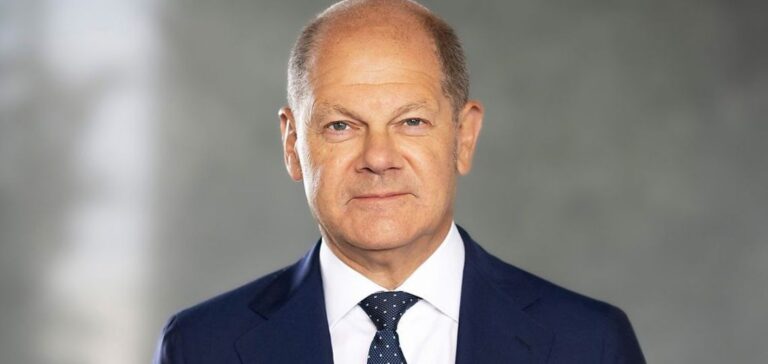Germany’s automotive industry, a historical pillar of its economy, is facing a critical period marked by high production costs, decreasing demand, and mounting pressure from Chinese competitors. Chancellor Olaf Scholz, campaigning for the snap elections on February 23, has proposed a European solution to revive the sector: a subsidy for purchasing electric vehicles.
During a visit to Ford’s factory in Cologne, Olaf Scholz emphasized the urgency of financial incentives to promote the adoption of electric cars. According to him, a European-wide subsidy or targeted support for vehicles produced in Germany would help solidify the transition to sustainable mobility. This stance comes after the removal of national subsidies caused a significant drop in electric car sales in Germany, creating turbulence for European manufacturers.
A Model Inspired by France
Olaf Scholz referred to the possibility of a scheme modeled on France’s approach, which ties subsidies to strict environmental criteria. This system excludes vehicles manufactured under high-carbon-emission conditions, such as in China, and rewards local production. Such an approach could shield the German industry while boosting its competitiveness against Asian giants.
Implementing a European subsidy would, however, require approval from European Union institutions. Scholz underscored that this measure should include a collective effort to address the shared challenges of energy transition and industrial competitiveness.
Unprecedented Challenges for German Manufacturers
The outlook for major German automotive brands like Volkswagen is particularly troubling. The group is reportedly considering closing some of its sites in Germany, an unprecedented decision in its history. Ford, whose European headquarters are based in Germany, recently announced a plan to cut 2,900 jobs in the country by 2027.
In this context, Olaf Scholz’s calls for stronger support aim to prevent further setbacks for a strategic sector while encouraging a shift toward more sustainable mobility solutions. This initiative could also enable Germany to maintain its role as an industrial leader in Europe despite the upheavals in the global market.






















